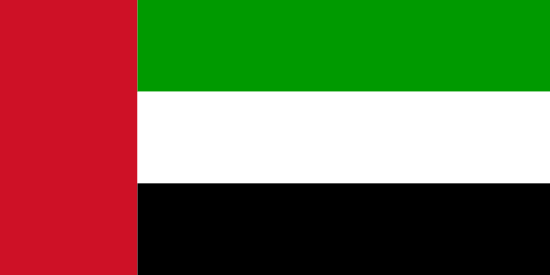
Health Insurance in United Arab Emirates, Asia
Information expatriation
Capital City: Abu Dhabi
Total area: 83,600 km2
Population: 4,380,000
Money: Currency Converter
Time Zone: List of time zones by country
Calling Code: +971 XXX
Practical Information:
Wikipedia United Arab Emirates
Health Product: Travel Insurance and Health insurance
Health Insurance information and Sanitary Risk: World Health Map
BLOG: Expat Health insurance Information
Here is a brief description of the healthcare system in the country:
· The UAE has both a public healthcare system and private healthcare sector that coexist. Public care focuses on citizens.
· Government spending finances the public system which operates hospitals, clinics and community healthcare centers nationwide.
· Expats and visitors primarily use the large private healthcare market that operates hospitals, medical facilities and pharmacies.
· Insurance is mandatory for expats through their employers and provides access to quality private providers and hospitals.
· The public system delivers primary care through local clinics while major hospitals manage specialized and emergency services.
· Private hospitals provide internationally accredited care comparable to developed countries.
· Healthcare infrastructure and resources are highly developed to meet demands of visitors/migrant populations.
· Major health issues include non-communicable diseases linked to lifestyle plus some infectious illnesses.
· Duplicated services, increasing costs and access inequalities are addressed through ongoing healthcare reforms.
· High standards are regulated to achieve availability, quality and efficiency across the diverse public-private model.
Here are some key health considerations for expatriates living in the country:
· Employer-provided insurance is mandatory and provides access to widespread, high-quality private care options.
· Keep regular vaccinations up to date, especially hepatitis A/B which are risks in the region. Consider others as needed.
· Heat, humidity, and pollution in major cities can aggravate conditions like allergies, asthma. Be prepared.
· Practice hydration and limit sun exposure given hot climate and UV risks. Wear protective clothing.
· Only consume bottled/purified water and foods that are thoroughly cooked or peeled.
· Confirm eligible facilities under your insurance and register with providers for coverage upon arrival.
· Bring extra prescription medication supplies plus copies of valid prescriptions. Re-fill locally as needed.
· Road safety risks exist due to aggressive driving behaviors. Be very cautious, especially in large cities.
· Mental health support may be beneficial in adjusting to cultural transitions and life abroad.
· Register your location with your embassy in case of emergency travel advisories or evacuation needs.
· Air quality hazards can arise - protect respiratory health during periods of high pollution or dust.
